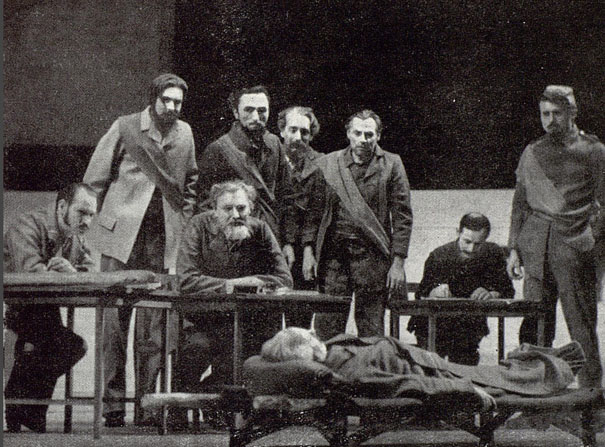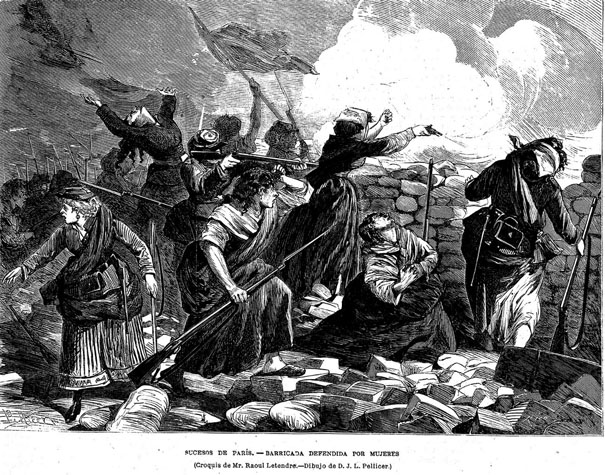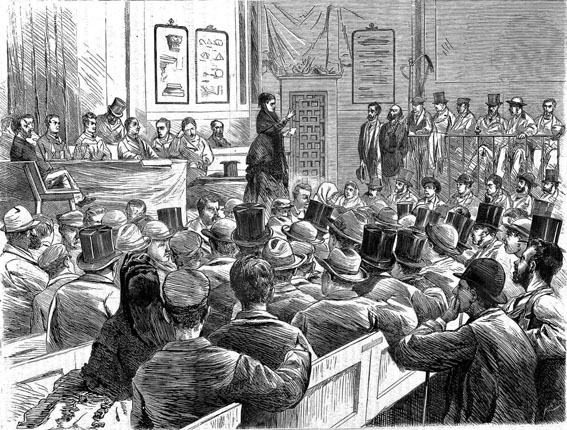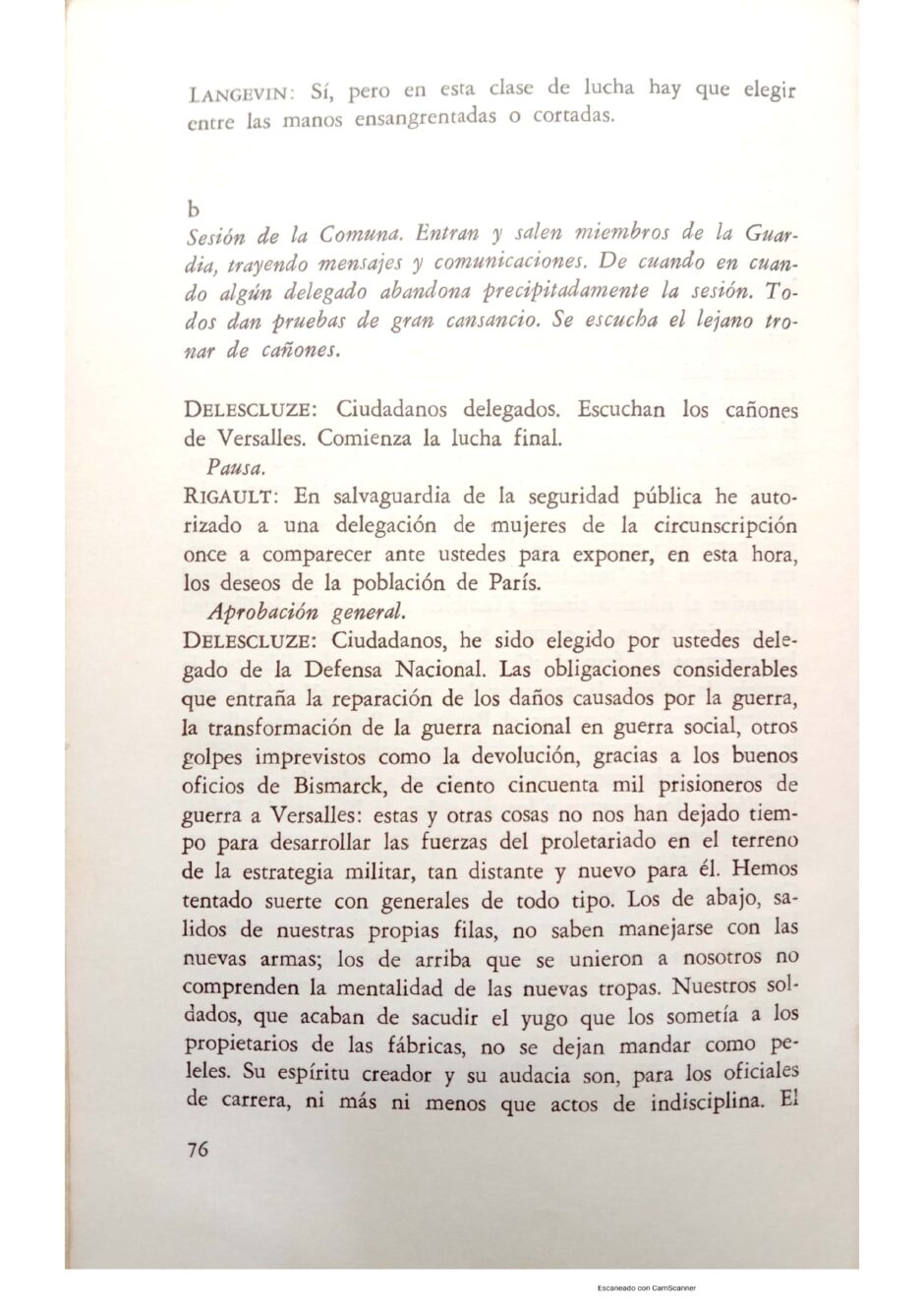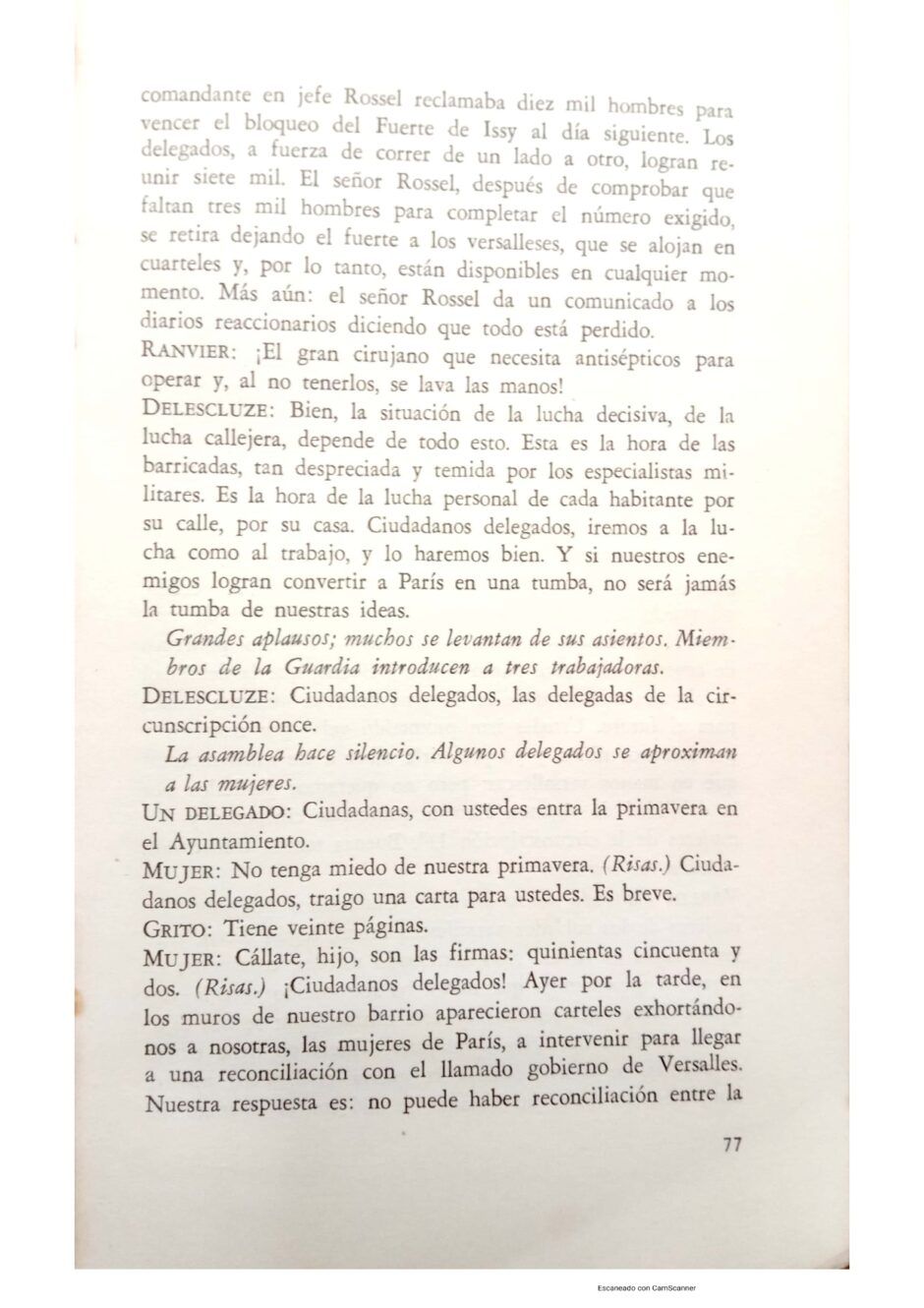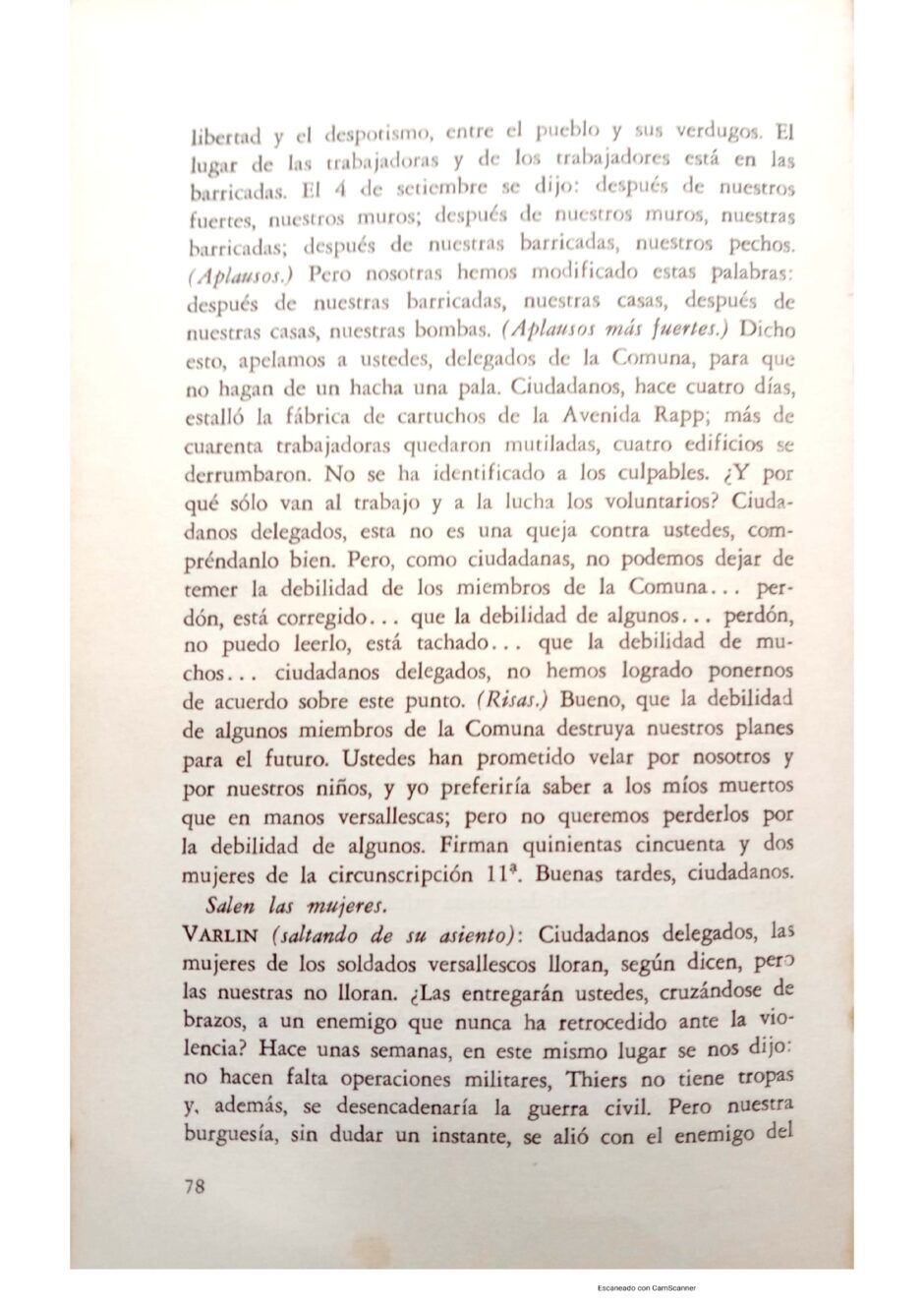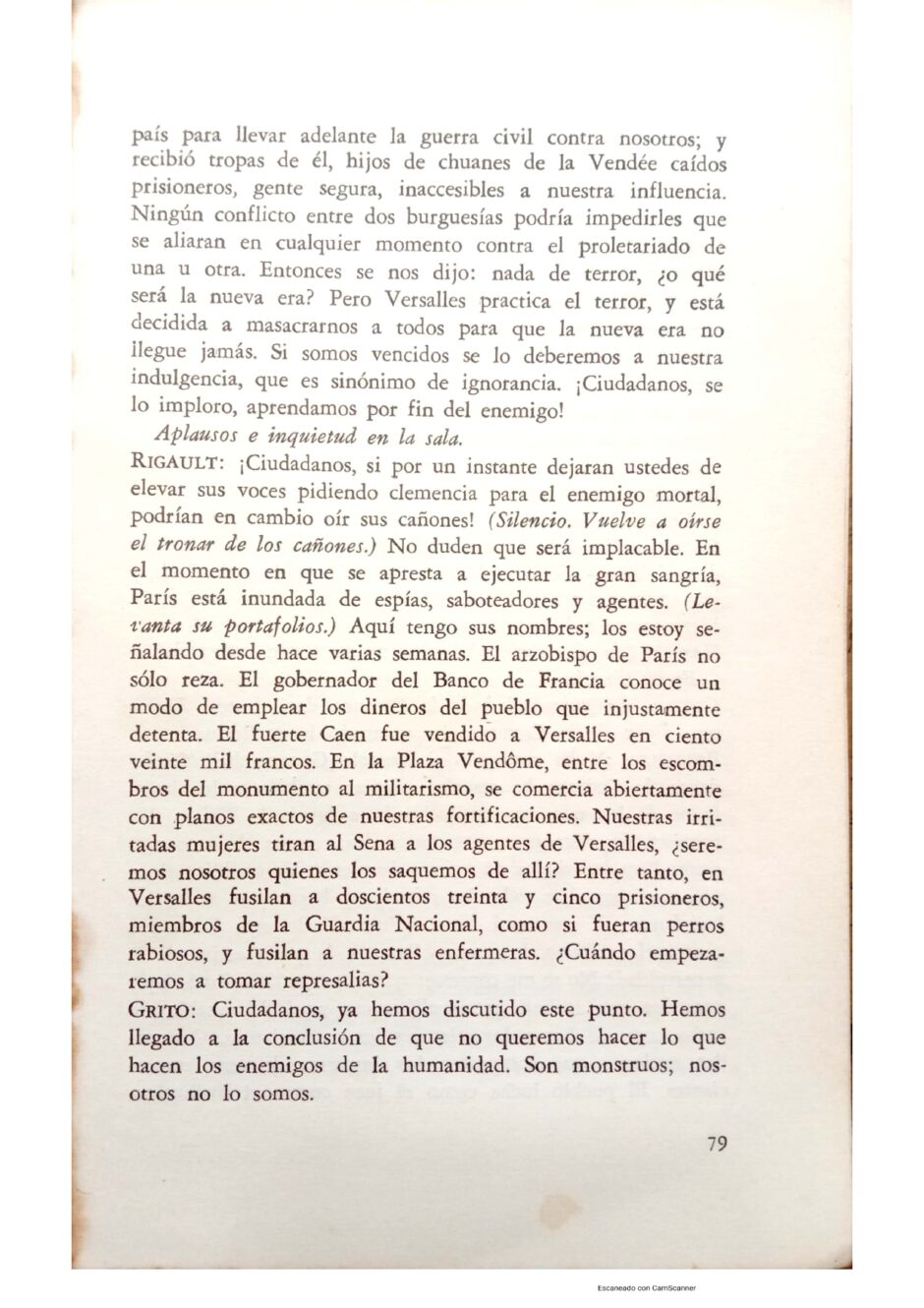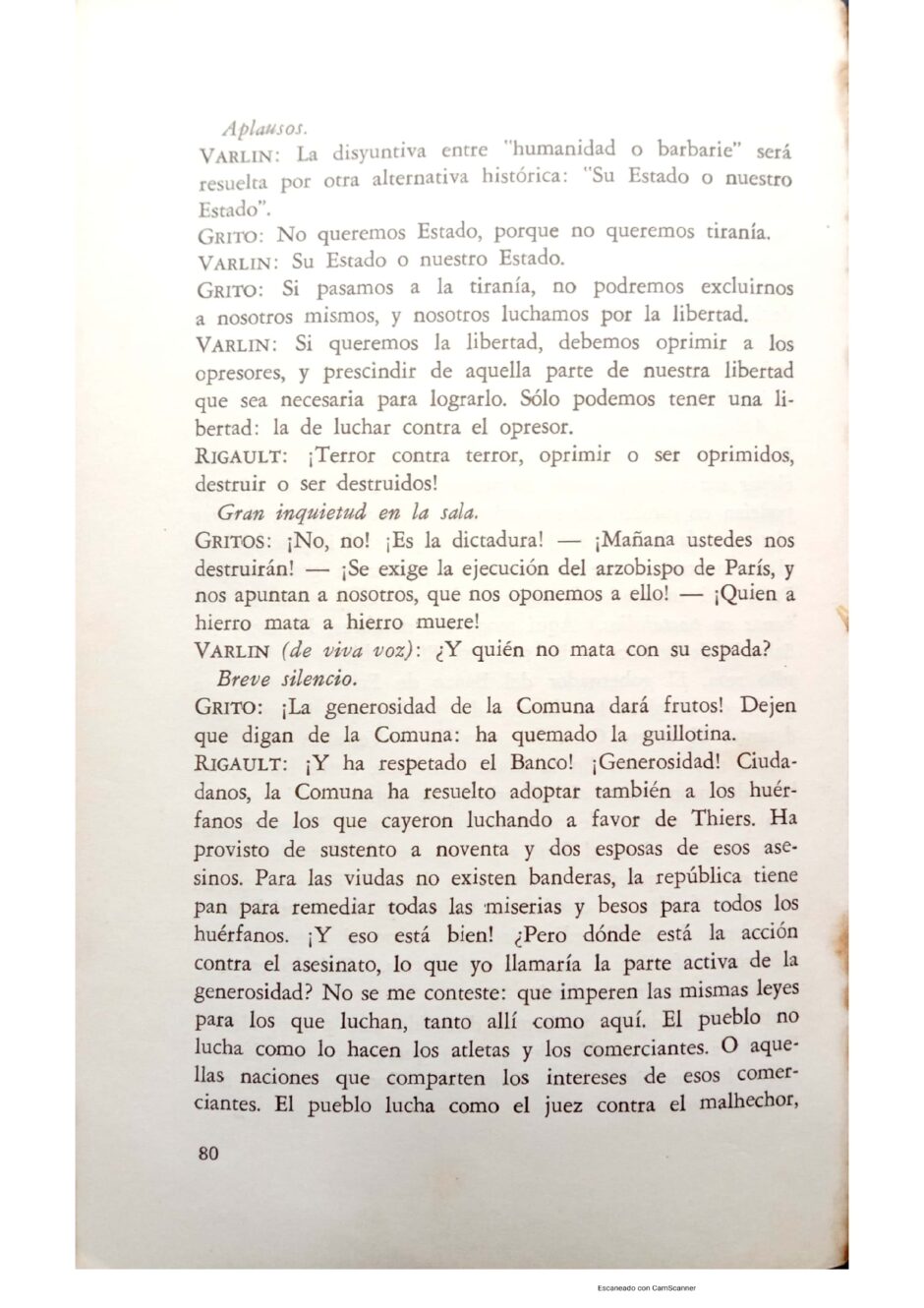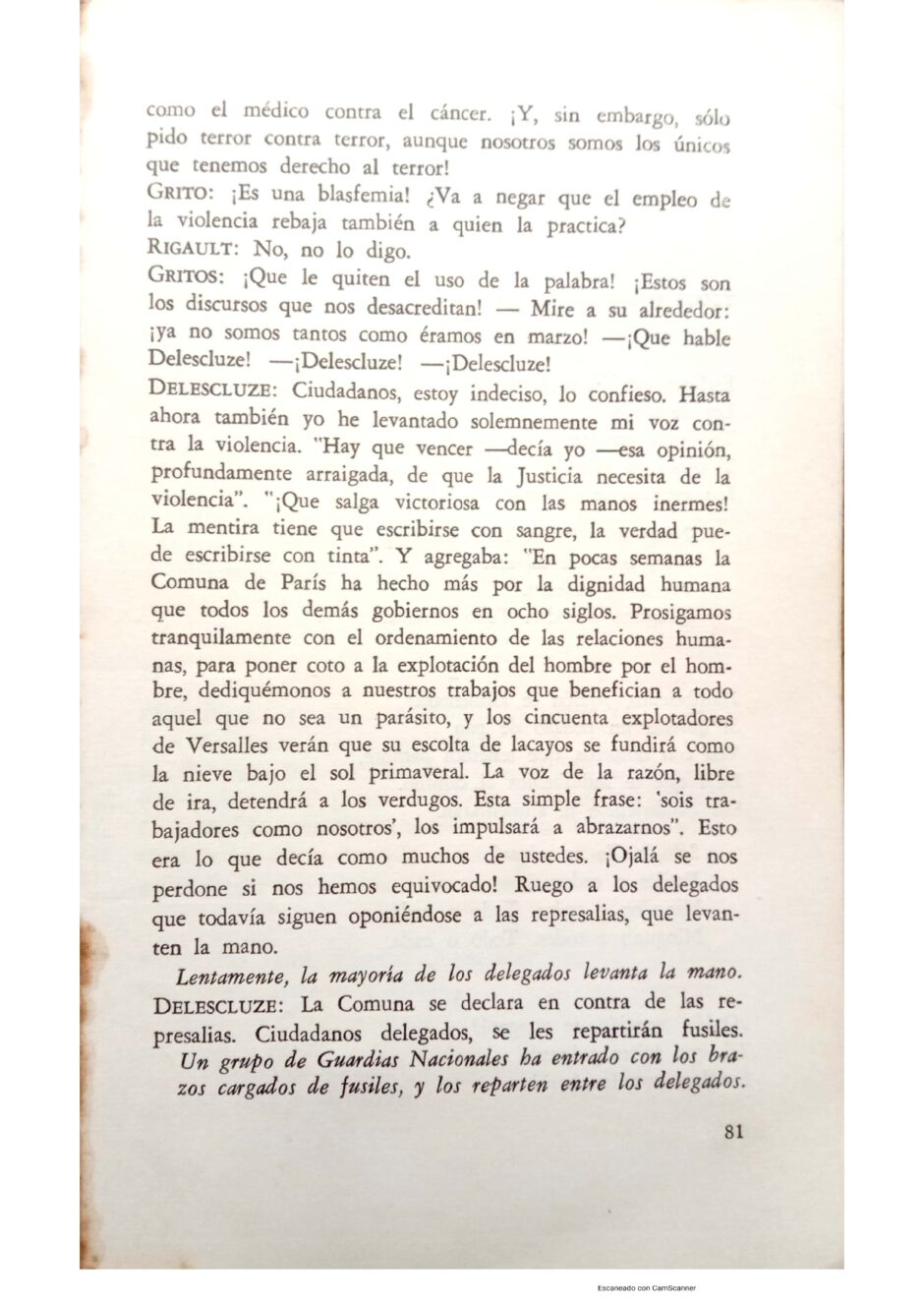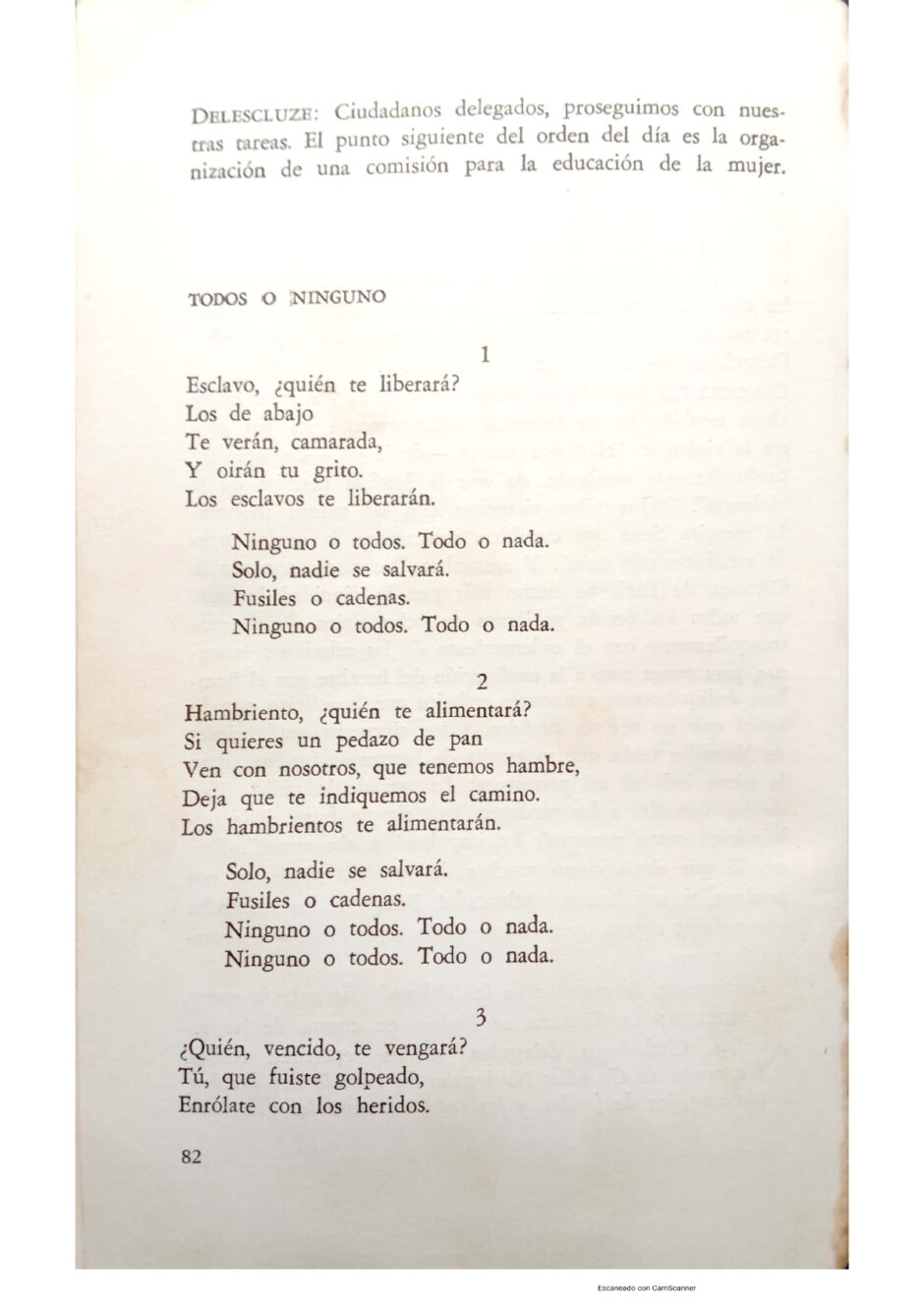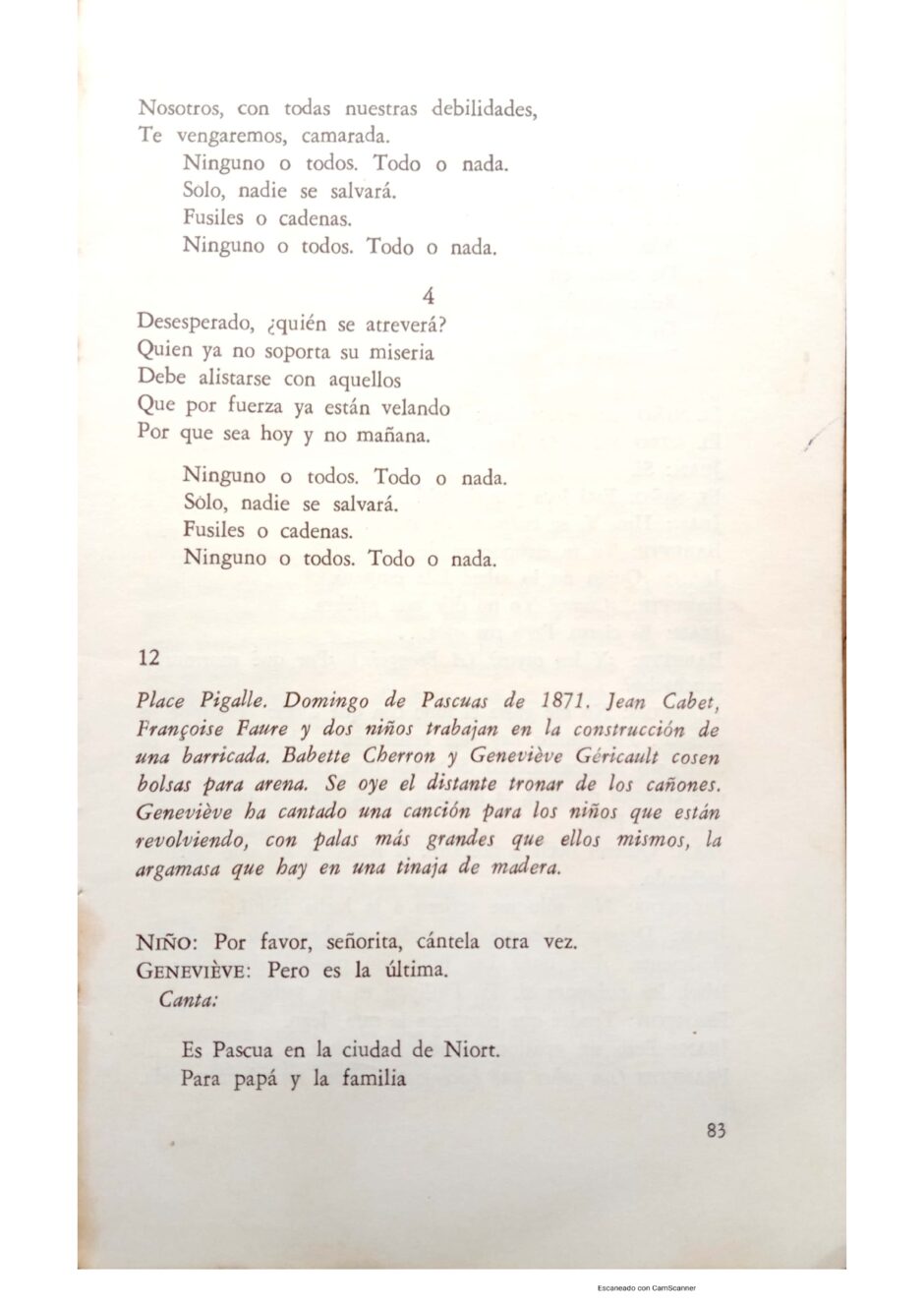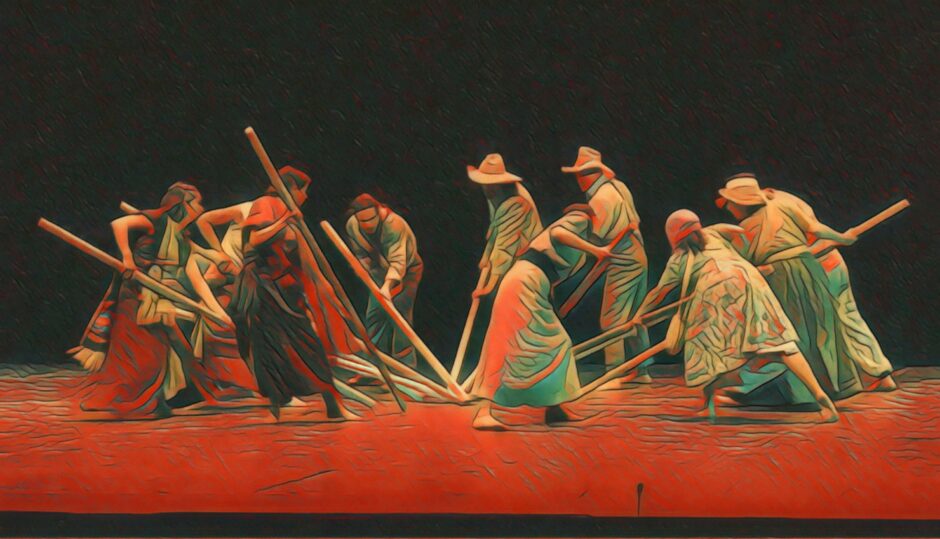
In Colombia, there are much who since their trade as actors, directors and playwrights have been restless, worried and dedicated to telling the stories suffered by the people. Some have been able to see plays as an act of memory about events that have marked the history of the people. Colombia has many plays about forced displacement, the war against the people at the hands of landowners and armed groups; And, in recent years, special works have been seen in the Colombian theater about the disappearance of the children of the people in the so -called "false positives."
For those creators, we extend a greeting on World Theater Day, and we greet all the artists of the performing arts that in one way or another dedicate their knowledge and experience to fight the battle against the oppressors, from the field of culture. This day, it is also a recognition of the dedicated work, sacrificed and patient that is done, even under precarious conditions in which the state of the capitalists more than culture more, to dedicate the treasury to the rescue of the bourgeoisie and from the war.
On this March 27, 2024, when shadow times are lived, it is necessary to remember the words expressed by the German author Bertolt Brecht on the occasion of the II International Congress of Writers in Defense of Culture held in Valencia Spain in 1937 :
If culture is something inseparable from the general productivity of the peoples, if the same violent intervention can deprive the peoples of butter and sonnet, if in effect culture is something so material, what should be done then in favor of your defense?
What can she do? Can you beat? Be hit, then you can. The fight has its different phases. The different cultural producers oppose only only impulsively to the terrible events in their country. But already the designation of barbarity as a barbarity means: beat. Then they join against barbarity, what is necessary to do to beat. They pass from the protest to the appeal, of the regret to the call of struggle. Not only do they indicate with the fingers towards criminal action, but they call criminals by name and demand their punishment. They realize that the condemnation of oppression has to end with the extermination of the oppressors, that the compassion with the victims of violence must become rejection against the aggressors, the compassion in rage and the aversion against violence in violence. To the violence of the privileged class, violence, full and destroying violence of the people must be opposed .
That these words of the German playwright serve to call the artists of the town, who with difficulties travel schools, squares, villages, theaters ... through all corners of the country to make the decision to beat with their people in the struggle that is nearby To resurgence. To those who also suffer in flesh live social and economic violence, those who feel with enormous passion in their bowels the pain of the people, we call them to also consider the importance from their trade contributing to the preparation and organization of the popular assemblies .
That their texts, their actions and their dramatic and comic words continue talking about the memory of the people, of the tragedies that should not be forgotten and cannot continue to live, but also speak of the victories, to take lesson of the facts that They serve to continue beating against oppressors. That he speaks of his power and strength as producers of all the wealth, that he is able to talk about his defects, those unique defects of the proletariat against which he must fight to continue moving forward. That speaks of the most important task of unity and struggle independently to face all oppressors; How to truly exercise popular power directly in popular assemblies.
And, although they are a lot of authors who through history have put their art at the service of the revolution, we share with you a fragment of the work "The days of the commune", by Bertolt Brecht. In this particular scene we witness how the Parisian people were learning during the commune of 1781 to exercise direct democracy, to make the most revolutionary decisions that the people need. The scene ends with a beautiful song: "Or all or none", which summarizes the great discussion that was fought in this scene and that if we saw it live up the spirits upload to the revolutionary struggle; A song that perfectly complements the slogan that extended on the walls of the streets in Colombia since 28th of 2021: Only the people save the people .
